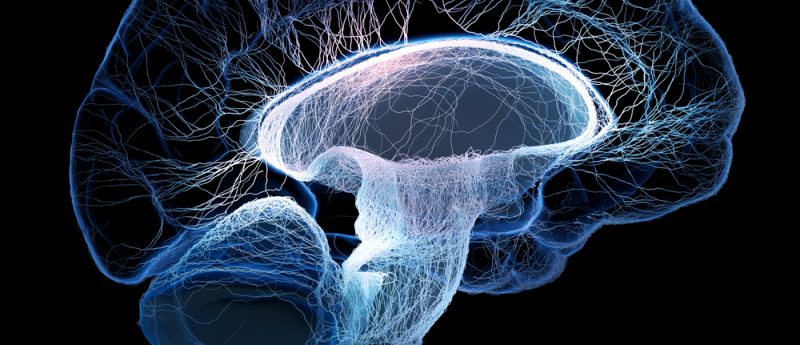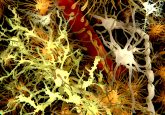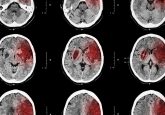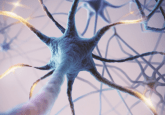Seeking an objective diagnosis of depression

Major depressive disorder (MDD: unipolar depression) is widely distributed in the USA and world-wide populations and it is one of the leading causes of disability in both adolescents and adults. Traditional diagnostic approaches for MDD are based on patient interviews, which provide a subjective assessment of clinical symptoms which are frequently shared with other maladies. Reliance upon clinical assessments and patient interviews for diagnosing MDD is frequently associated with misdiagnosis and suboptimal treatment outcomes. As such, there is increasing interest in the identification of objective methods for the diagnosis of depression. Newer technologies from genomics, transcriptomics, proteomics, metabolomics and imaging...





